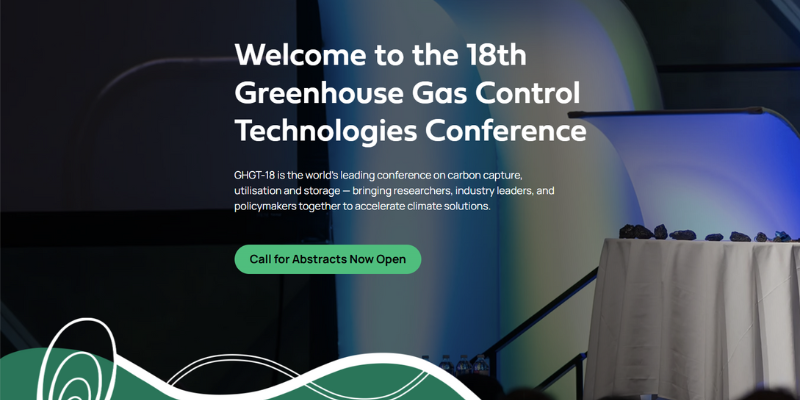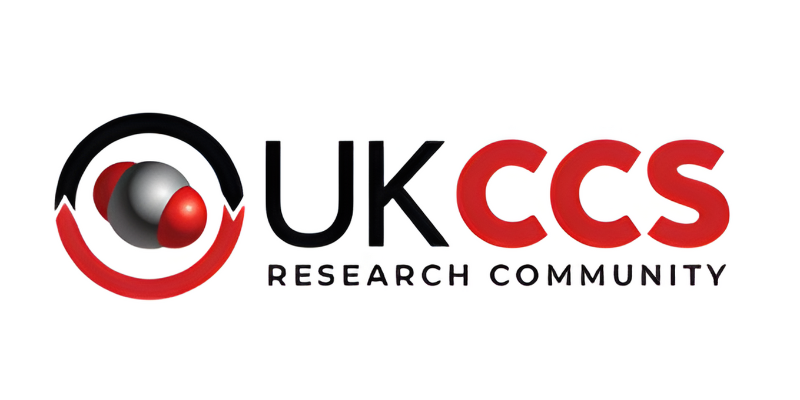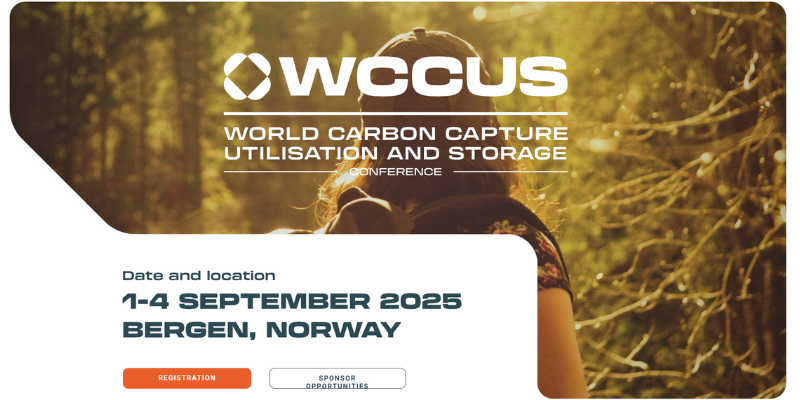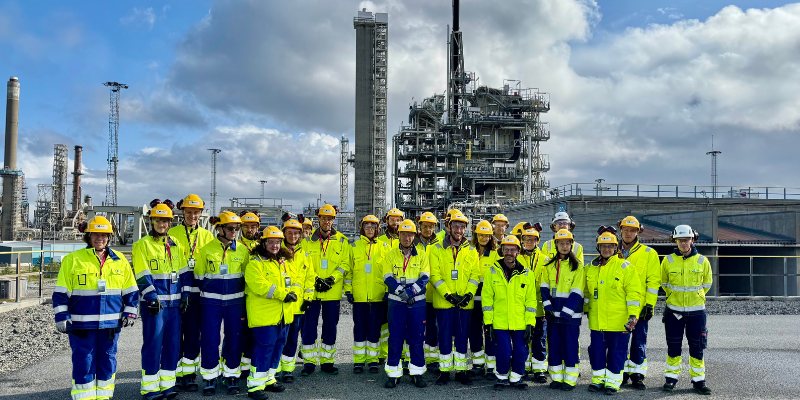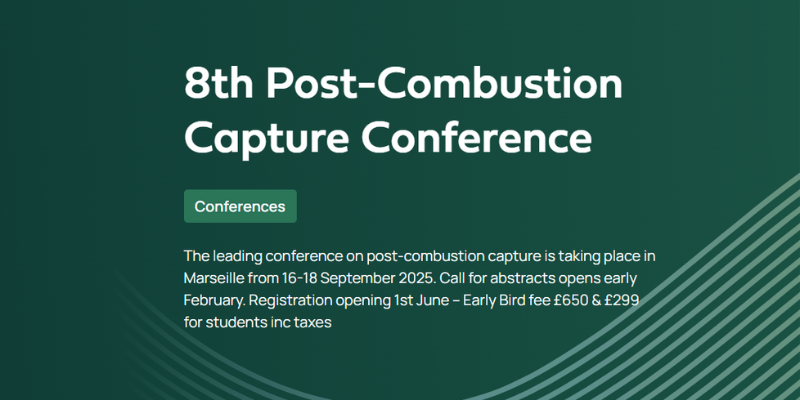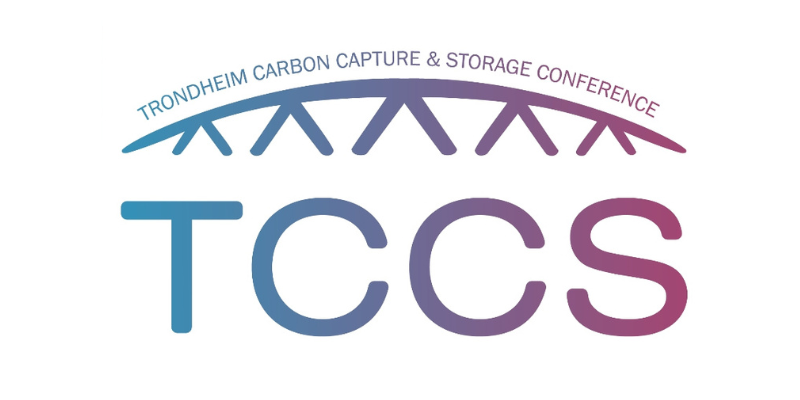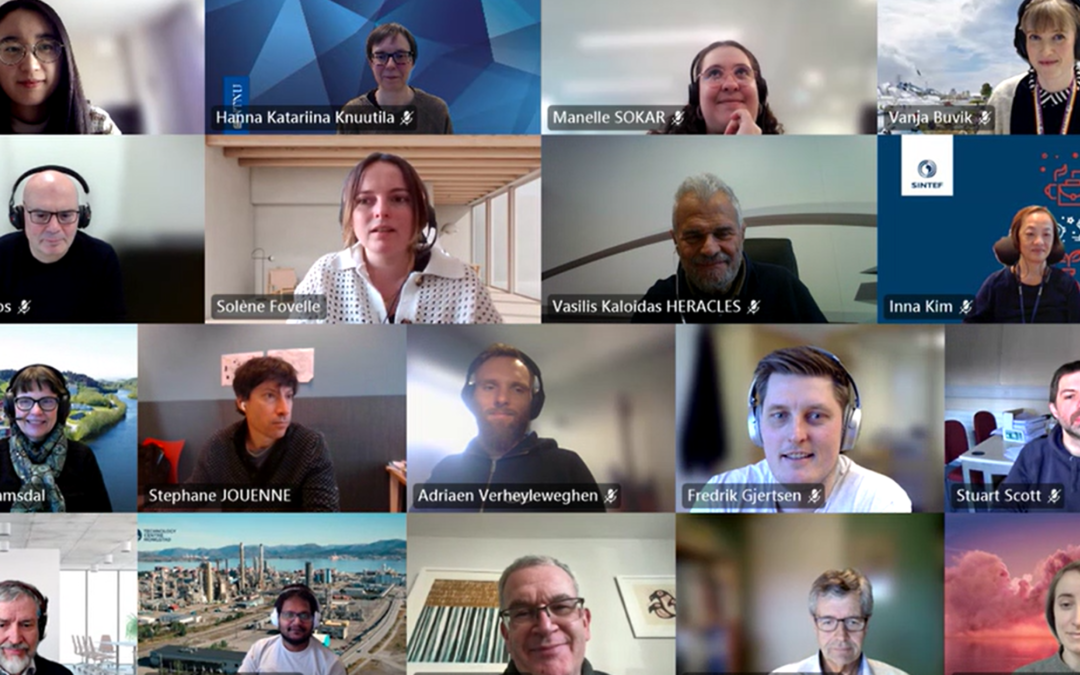From October 20th to 24th, 2024, the AURORA project partners participated in the 17th International Conference on Greenhouse Gas Control Technologies (GHGT-17) in Calgary, Canada, where over 1,500 peers gathered to discuss the latest advancements in greenhouse gas control.
Three partners from the AURORA project presented at the conference, and their contributions were well received. The CESAR1 solvent, a cornerstone of the project’s research into carbon capture and storage (CCS) technologies, emerged as a “hot topic” at the event. It was not only a focus of the AURORA presentations but also featured prominently in other talks and numerous discussions over coffee, lunch, and dinner. The conference highlighted the CESAR1 solvent’s importance and its potential for advancing CCS solutions.
We are happy to share details of the significant presentations from AURORA project partners, which drew considerable interest and sparked engaging discussions:
Presentation: CESAR1 Solvent Degradation in Pilot and Laboratory Scale

Session: 3A – Absorption: Environment and Operation
Date/Time: Monday, October 21, 2024 | 4:30-4:50 PM
Authors: Vanja Buvik, Andreas Grimstvedt, Kai Vernstad, Hanna K. Knuutila, Muhammad Zeeshan, Sundus Akhter, Karen K. Høisæter, Fred Rugenyi and Matthew Campbell.
Vanja Buvik, representing SINTEF, attended to showcase the progress made in elucidating the degradation pathways of the CESAR1 solvent and closing the nitrogen balance of degraded CESAR1. This work, part of AURORA Work Package 4 (WP4), explores the chemical processes impacting the solvent’s efficiency and long-term stability during carbon dioxide absorption. The presentation provided attendees with valuable insights into experimental results, encountered challenges, and strategies to mitigate solvent degradation, offering practical knowledge for optimizing industrial CCS operations.
Presentation: Viscosity and Density Data for the CESAR1 Solvent

Session: Poster Display
Dates/Times: Tuesday, October 22 and Wednesday, October 23, 2024 | 2:00–4:00 PM
Authors: Diego Morlando, Ardi Hartono and Hanna K. Knuutila.
Diego Morlando and Hanna K. Knuutila, representing NTNU, presented experimental data on the physical properties of the CESAR1 solvent—specifically its density and viscosity. This work, conducted as part of AURORA Work Package 1 (WP1), is critical for understanding the fluid dynamics and performance of CESAR1 in real-world applications. Their comprehensive data supports future research and practical implementation of the solvent in carbon capture technologies, making this poster session a must-visit for researchers in CCS.

Read our publications
Morlando, Diego and Hartono, Ardi and Knuutila, Hanna Katariina, Viscosity and Density data for the CESAR1 solvent (December 22, 2024).
Sabina, Bigi and Conti, Alessia and Soleimani Dinani, Pegah and Ridolfi, Riccardo Maria and Beaubien, Stan E., Storage Potential Evaluation of Eastern Mediterranean Area as Final Step of the Full Chain Assessment (November 16, 2024).
Buvik, Vanja and Grimstvedt, Andreas and Vernstad, Kai and Wiig, Merete and Knuutila, Hanna Katariina and Muhammad, Zeeshan and Akhter, Sundus and Høisæter, Karen Karolina and Rugenyi, Fred and Campbell, Matthew, CESAR1 Solvent Degradation in Pilot and Laboratory Scale (December 11, 2024).
Buvik, Vanja and Grimstvedt, Andreas and Vernstad, Kai and Wiig, Merete and Ramos Wanderley, Ricardo and Knuutila, Hanna Katariina, Thermal Reclamation Chemistry of Common Amine Solvents (December 11, 2024).
Presentation - CESAR1 solvent degradation in pilot and laboratory scale
The non-proprietary CESAR1 amine blend has been widely studied for use as a solvent for post-combustion CO2capture. Despite of its relative popularity in the solvent market, there are still many knowledge gaps connected to the stability of CESAR1.
The mixture of 2-amino-2-methyl propanol (AMP, CAS 124-68-5) and piperazine (PZ, CAS
110-85-0) is known to be much more stable than ethanolamine (MEA, CAS 141-43-5), both under oxidising
conditions, thermal stress, and at the cyclic conditions in the CO2 capture plant.
Despite of solvent degradation being low compared to other solvents, degradation phenomena need to be fully understood before a solvent can be safely implemented for large or full-scale CO2 capture from industrial sources, to fully comprehend potential environmental and operational impacts, and ensure safety for operators and neighbours.
In this work, our project partners, SINTEF, NTNU and TCM, aim to fully elucidate the degradation (oxidative and thermal) patterns of CESAR1 at industry relevant conditions.
Presentation - Storage potential evaluation of eastern Mediterranean area as final step of the full chain assessment
The last step of the CCUS full chain is represented by geological storage, when the CO2 is injected, via injection wells, into the
deep sub-surface at a carefully selected site (such as a saline aquifer or a depleted oil/gas field).
This work led by our project partner Sapienza Univerity of Rome, describes the methodology and the results adopted by the AURORA project to select suitable storage sites for the CO2 source plants of the project, located in the Mediterranean area.
The selection will be based on a comprehensive set of criteria that has been extensively described in numerous publications, tested in various projects, and adopted by the CO2 storage atlas of several European countries (as Norway and UK). Results has been compared to the previous calculation and evaluation performed for the same areas.
Advancing CCS Innovation: AURORA’s Impact at GHGT-17
These presentations underscored the AURORA project’s commitment to cutting-edge research in CCS and its pivotal role in advancing the practical application of CESAR1 solvent. The conference provided an excellent platform to share progress, foster collaborations, and receive valuable feedback.
We thank everyone who joined us at GHGT-17 and contributed to the enriching conversations about this innovative technology. Stay tuned for more updates from the AURORA project as we continue to push the boundaries of carbon capture and storage solutions!
Don’t miss the GHGT‑18 | The World’s Leading CCUS Conference
The AURORA project is proud to announce its participation in the upcoming 18th Greenhouse Gas Control Technologies Conference (GHGT‑18), taking place…
AURORA Partners Present Groundbreaking Research on Public Acceptance of CCUS at UKCCSRC Conference
Sheffield, UK - AURORA project partners from the University of Cambridge made a significant contribution to the UK Carbon Capture…
Fourth Stakeholder Forum for the AURORA Project
AURORA\'s fourth Stakeholder Forum (StF) was held on September, the 10th February 2025 (14-16 CET). Our StF serves to guide…
Presenting at World CCUS Conference 2025 in Bergen, Norway
We are proud to announce that Peipei Chen from the University of Cambridge (UCAM) successfully presented cutting-edge research on European…
🤝 AURORA Holds Its 5th Project Meeting in Bergen and Mongstad
On June 23–24, 2025, the AURORA consortium gathered for its 5th project meeting, bringing together partners from across Europe to…
Don’t miss the 8th Post-Combustion Capture Conference | September 16th-18th 2025 in Marseille (France)
The AURORA consortium is pleased to announce its participation in the 8th Post-Combustion Capture Conference (PCCC-8), set to take place…
Join us at the 13th Trondheim CCS Conference (TCCS-13) | June 16th-19th 2025 in Trondheim (Norway)
We are thrilled to announce that the AURORA project, coordinated by SINTEF, will actively participate in the upcoming 13th Trondheim…
Getting ready for our 3rd online Stakeholder Forum (StF)!
AURORA is preparing its third Stakeholder Forum (StF) to be held online on February, the 13th February 2025 (14-16 CET).…
AURORA 3rd General Assembly online
The AURORA project partners recently had their third General Assembly online, to assess progress and outline plans for the next…
Join us at the European Cement Decarbonisation Summit 2024 | Oct. 30th – 31st in Hamburg (Germany)
We are excited to announce that the AURORA project, coordinated by SINTEF, will be prominently featured at the upcoming European…


